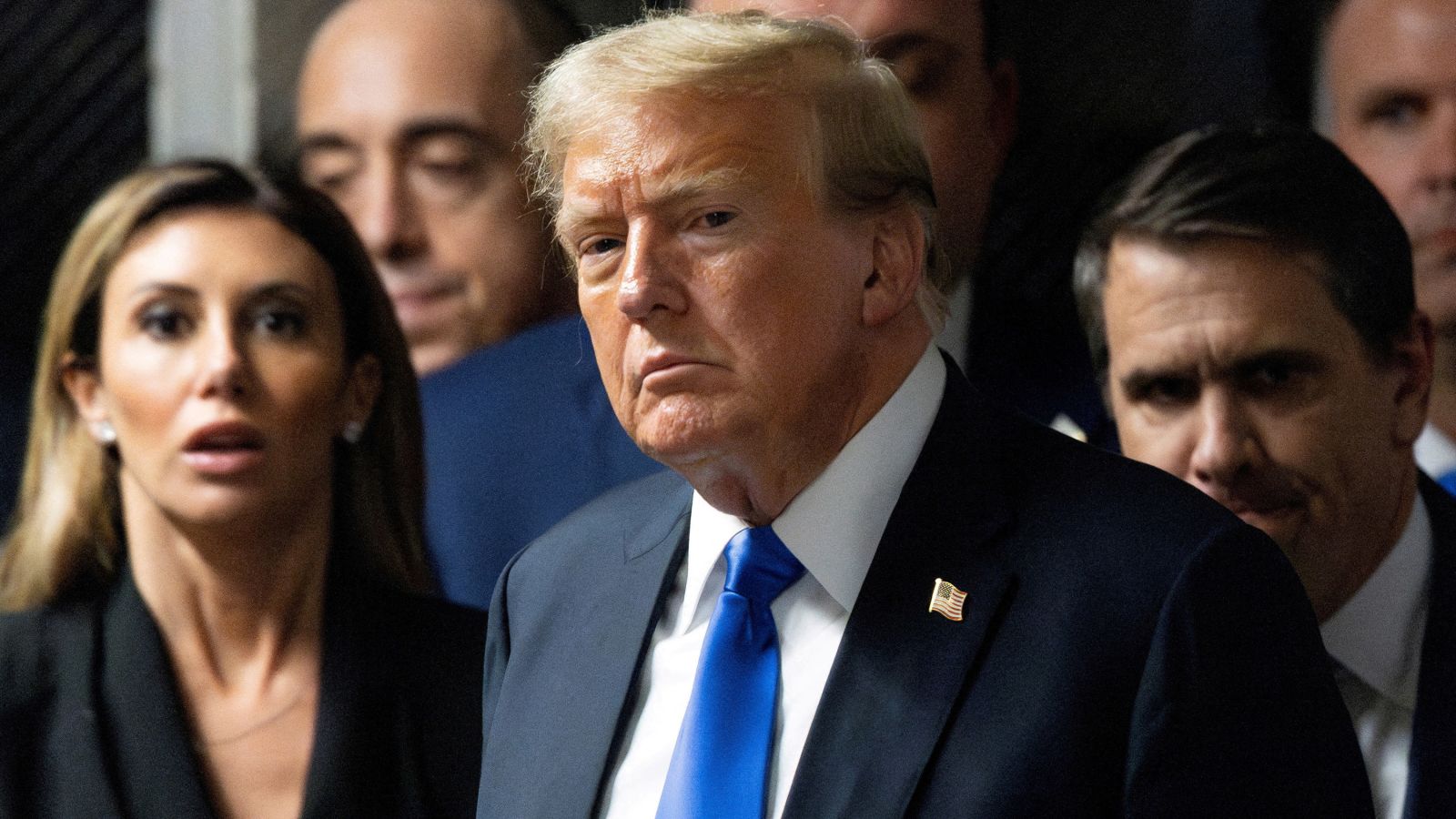Trump's Conviction: A Historic Verdict with Far-Reaching Implications
A New York jury convicted former President Donald Trump of 34 felony counts of falsifying business records, ending a weeks-long trial but beginning a new chapter in the historic case. Trump, the first former US president to be convicted of a serious crime, faces potential prison time or probation. The charges stem from a hush money scheme to silence adult film star Stormy Daniels before the 2016 presidential election.
Sentencing and Appeal: What Lies Ahead
Trump's sentencing is scheduled for July 11, where Judge Juan Merchan could sentence him to probation or up to 20 years in state prison, although the likelihood of a severe sentence is low. In the meantime, Trump remains free as prosecutors did not request bail. Expected to appeal the conviction, Trump's legal team has already taken steps to preserve his right to an appeal by scrutinizing rulings on testimony and evidence throughout the trial.
Political Future: Conviction and Presidential Eligibility
Despite the conviction, Trump's political aspirations remain undeterred. Legal experts, including University of California, Los Angeles law professor Richard L. Hasen, have noted that the U.S. Constitution does not prevent a convicted felon from running for president. Trump's status as a challenger for the 2024 election remains intact, given that the Constitution sets limited requirements for presidential candidates.
However, Trump's right to vote, particularly in Florida where he is a resident, could be impacted if he is sentenced to prison and still serving that sentence during the election. New York laws, though, allow felons to regain their voting rights post-incarceration, which could mitigate potential restrictions on Trump's voting rights in Florida.
Future Criminal Cases: Separate Legal Battles Continues
The New York conviction bears little weight on Trump's other ongoing criminal cases. His federal case for electoral subversion, his classified documents case in Florida, and the Georgia election interference case will proceed independently. Each case presents its distinct legal challenges and timelines. As Trump and his legal team navigate these multifaceted legal battles, the outcomes could significantly impact his political and personal future.
- ## Jurors' Decision and Sentencing
- Jurors unanimously found that Trump falsified business records to influence the 2016 election. Judge Juan Merchan now holds the authority to determine Trump's sentence, with options ranging from prison to probation. Given the relatively minor nature of the charges under New York law, a severe sentence is unlikely.
- ## The Star Witness and Trial Dynamics
- During the trial, Michael Cohen, Trump's former lawyer and a crucial witness, testified about the scheme to cover up payments to Stormy Daniels. Cohen's credibility was challenged by Trump’s defense, leading to dramatic courtroom exchanges. Despite Cohen's contentious testimony, his claims added substantial weight to the prosecution's arguments.
- ## Public Reaction and Political Implications
- Trump, who did not testify during the trial, continued to communicate through public statements and fundraising efforts. His supporters, including prominent Republican figures, labeled the case as a politically motivated 'witch hunt.' This narrative could influence public opinion and shape Trump’s strategy in his future legal and political battles.
- ## Broader Legal and Political Context
- While Trump's conviction is a significant legal milestone, his other criminal cases continue independently. Each of these cases – federal electoral subversion, classified documents in Florida, and Georgia election interference – could have broader implications for Trump’s legal standing and political future.






